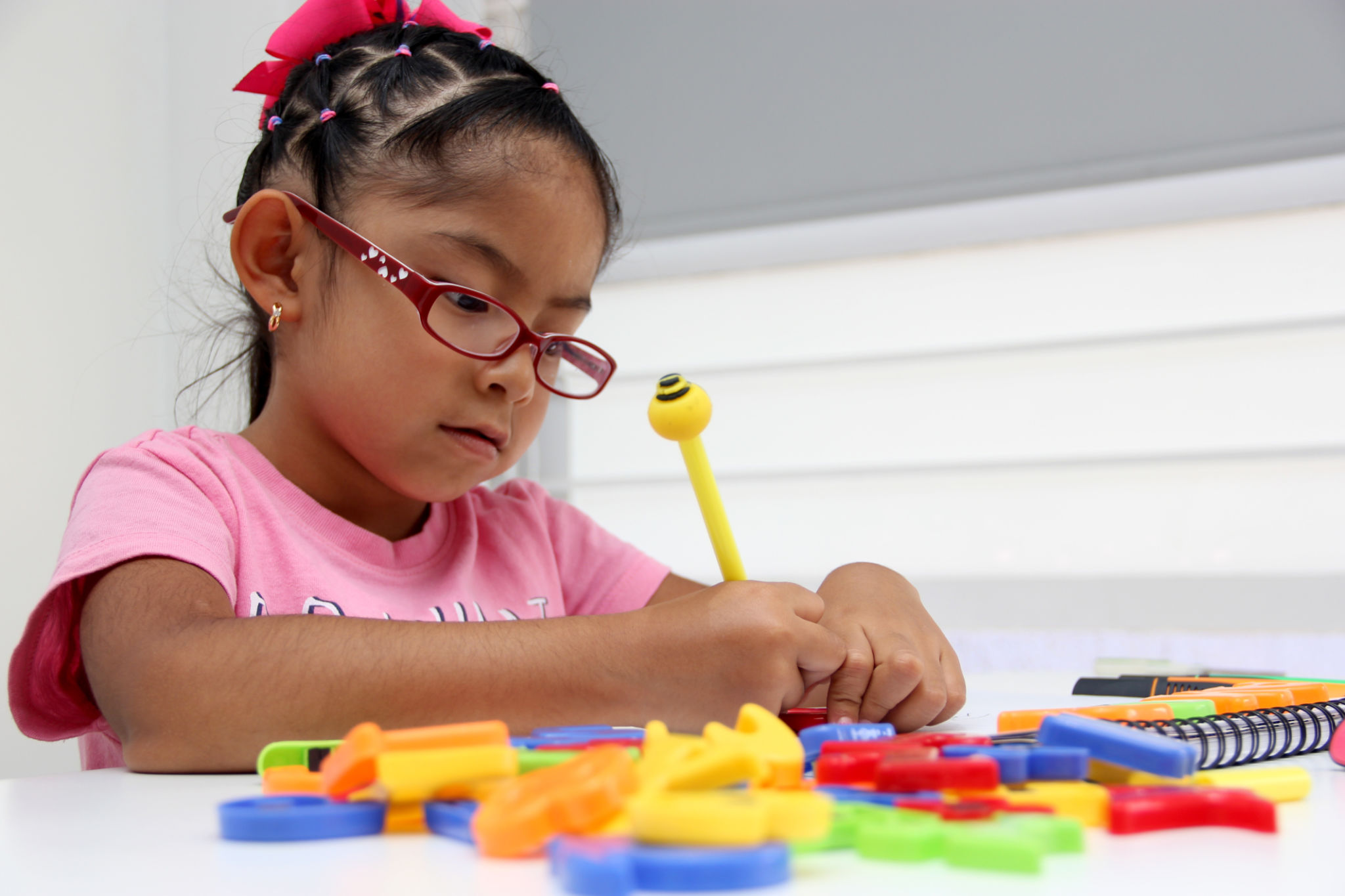Debunking Myths About School Psychology
Understanding the Role of School Psychologists
School psychologists play a crucial role in the educational system, yet their responsibilities are often misunderstood. It's important to address and debunk some common myths to appreciate the vital work these professionals do. They are not just focused on mental health but also contribute significantly to academic success and overall student well-being.

Myth 1: School Psychologists Only Handle Behavioral Issues
One of the most prevalent myths is that school psychologists only deal with disciplinary problems. While they do address behavioral issues, their work extends far beyond this. They collaborate with teachers, parents, and students to create supportive learning environments, develop individualized education plans, and implement interventions to help students succeed academically.
Myth 2: They Only Work with Special Education Students
Another misconception is that school psychologists only serve students in special education. In reality, they work with all students, providing counseling, assessment, and intervention services. Their expertise helps in addressing a range of needs, from social-emotional learning to academic challenges, ensuring every student has the opportunity to thrive.

The Broad Skill Set of School Psychologists
School psychologists possess a diverse skill set, which includes assessment, data analysis, and consultation. They use these skills to understand and support student learning and mental health. By conducting assessments, they can identify learning disabilities or emotional issues that may require specific interventions.
Myth 3: Their Work Is Limited to Testing
Many people believe that school psychologists only perform testing. While assessments are a part of their job, these professionals also provide counseling, crisis intervention, and consultation to teachers and families. They are trained to develop strategies that promote positive behavior and mental health in schools.

Collaborative Efforts in Schools
School psychologists are team players who work closely with educators, administrators, and parents to foster a positive school climate. They provide training and resources to staff, helping them support students' mental and emotional well-being. This collaboration ensures a comprehensive approach to student development.
Conclusion: Recognizing the Impact of School Psychologists
School psychologists are essential to creating an inclusive and supportive educational environment. By debunking these myths, we can better understand their contributions and the breadth of their role in fostering student success. Recognizing their efforts allows us to appreciate the invaluable support they provide in shaping the future of education.